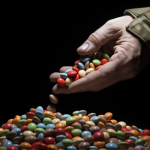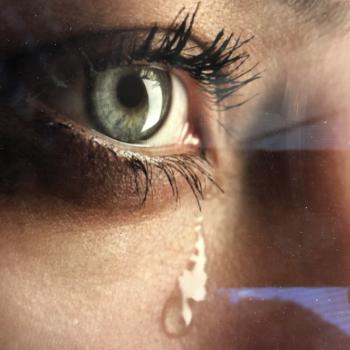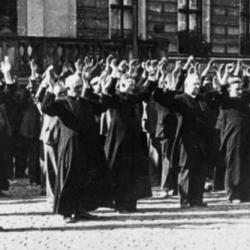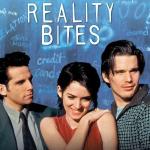What are Happiness and Joy?
What is “real happiness,” and when will you know if you have it? And what’s the difference between happiness and joy? These are age-old questions, and answers depend on who you ask. My grandpa used to say, “You’ll know happiness when you don’t have it anymore.” And a friend said, “I’ll only know joy when it kicks me in the ass and says, ‘Hey! I’m Joy!’”
A Little Story
As many of you know, I had a pretty serious dance with cancer a few years back. Severe enough that it made me and all close to me take stock of their lives and evaluate what was really important. While waiting in the Proton Therapy room, ready to get on the table, I got to chat with a little girl who was maybe 10 or 11 years old. Her name was June, and, like many under cancer treatment, she had no hair but big blue eyes and a lingering smile that would light up a room and a heart. Every time I’d walk into the room, I’d chirp out, “Hey, June Bug! What’s up?” She’d giggle and shoot back, “Cosmic rays coming from my big brain.” Yup, she was getting treatments for brain cancer and was holding her own at a tender age.
One day, we were stuck in the Proton Beam Room—a.k.a. a giant microwave with a table in the middle for people to perch on while getting zapped—while they re-calibrated the beam. She leaned over on my left arm, laid her head on my shoulder, and asked, “What makes you happy?” I stammered for a second, no immediate answer coming, and finally said, “I don’t know, my wife for sure…” She silently shook her head, and then we sat quietly for a minute or so. She looked up at me and asked, “What’s the difference between happiness and joy?” Again, a stumper of a question from a little girl. I did what any intelligent adult would do. I asked her, “I don’t know, what do you think the difference is?”
June itched her nose with the hand and finger with an IV sticking out of it and finally said, “I think happiness comes and goes, but joy stays.” Out of the mouth of babes. I had nothing to add.
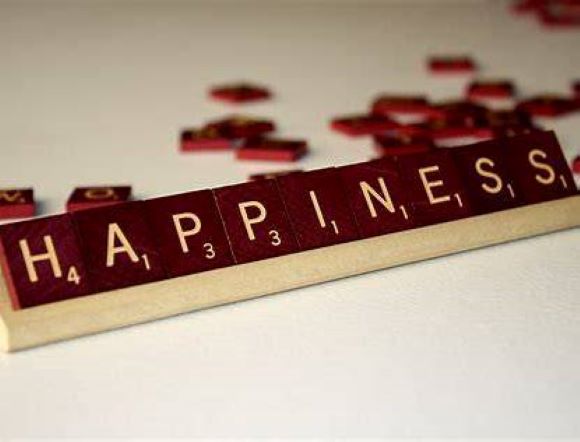
Happiness
Happiness is exactly what June said. It’s a positive emotional feeling that washes over and through us. It can stick around for a flash of a second or keep going, but it is transitory. The first part of the word, “happ,” comes from the Norse language. It means “luck” or “by chance.” It’s a moment in time when we feel elation, at peace with the world and with ourselves, a time of satisfaction. But the big thing is happiness is a personal feeling, something that is about the self. It’s not about the deeper meaning of life, or one’s forward motion in life. It’s based strictly on emotion.
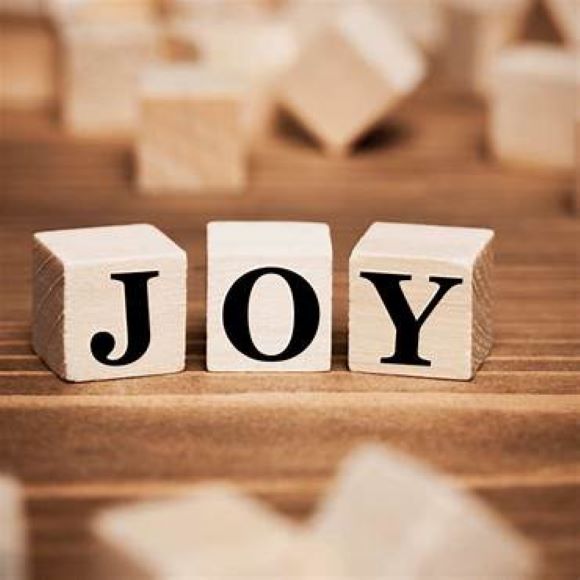
Joy
Joy and happiness are two sides of a vast celestial coin. Where happiness is a very personal, emotional thing that can be transitory, joy is much more profound. Joy is not just the emotional feeling you have, but also the ongoing, deeper state one finds oneself in. Joy comes from the old Latin word “gaudia,” which means “to rejoice.” It came to English through the French word “joie.” The idea is for one to rejoice, one must feel deeply and express that feeling selflessly. And that seems to be the big difference between the two: Happiness—personal, emotional, ephemeral, and by chance. Joy—personal or communal, deep in a person’s psyche, and long-lasting.
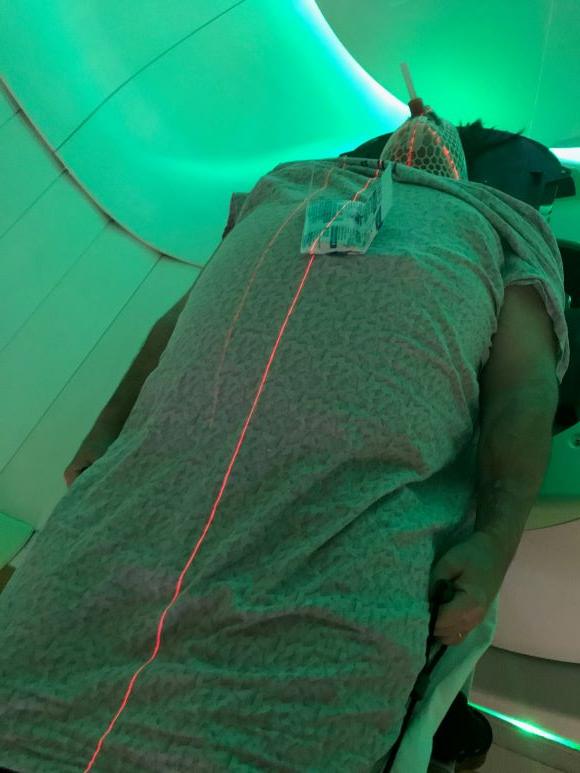
The End of the Story
I saw June a few more times after that long treatment day. She was definitely feeling the “Cosmic rays coming from [her] big brain.” She was tired more often when I saw her, and her balance was slipping. The cancer was winning the battle, and there was nothing I, she, or modern medicine could do about it.
Two weeks later, I came in for the tail end of my treatments. I was not in good shape. Instead of June, a woman my age was in the chair she usually occupied. She stood when she saw me come into the room. It was obvious she’d been crying, but I saw something familiar in her. She had the same smile as my June Bug.
The woman reached out a hand and took mine. “You must be Ben.” I replied with a slight nod and a faint “Yes.” “June wanted me to tell you something if I saw you.” “Oh?” I asked. “What’s that?” Her mother held my hand again while looking into my eyes. “She told me to tell you, ‘I finally understand joy. It’s going home.’’
I looked at her smiling mother, the same smile that gave June hers, and asked, I asked, a bit confused. “Did she get to go home? I thought she was in the hospital full time now.” Mary pumped my hand and let go as a tear fell, “Not that home.” Mary gave me a kiss on the cheek and left the room.
“Since you get more out of giving joy to others, you should put a good deal of thought into the happiness that you are to give.”
—Eleanore Roosevelt


